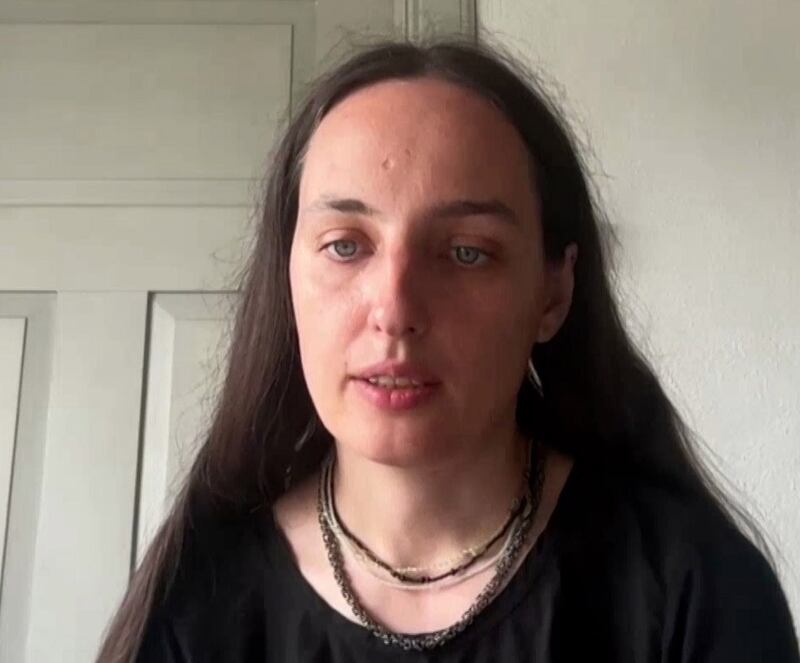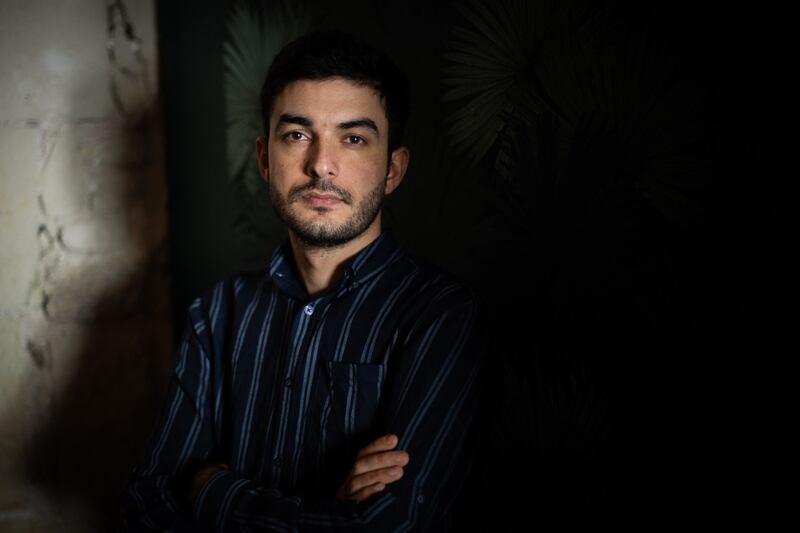Autocratic governments have been attempting to silence journalists in the U.S. and other Western nations through a campaign of coercion and intimidation that includes physical assaults, the Freedom House, a Washington-based organization that studies global democracy, said in a report released on Wednesday.
Government officials in China, Cambodia and at least two dozen other countries have targeted journalists in exile, trying to stop them from reporting in a critical manner about their home countries, the report said.
Since 2014, Freedom House has documented 112 incidents by 26 governments – to include kidnappings, physical assaults and assassination attempts – against journalists working in other countries. That figure likely only represents a fraction of the true total, given that many episodes are unreported and conclusively verifying perpetrators is difficult, the report states.
One journalist in exile, Elena Kostyuchenko, who has for years reported on inhumane practices of the Russian government, was hospitalized in Berlin because of suspected poisoning.
The apparent attack on her, as well as assaults against other journalists, are cited in the report.

Authorities from China, Cambodia and other governments have threatened and stalked journalists in the U.S., the report stated. In some cases, the foreign authorities have doxxed the reporters or engaged in smear campaigns against them in an attempt to stop their coverage of their home countries or at least mute the impact of their journalism.
The goal is often to crush opposing points of view in order to maintain control over citizens living abroad and shape the narratives about their nations. This hardline method is known in the West as transnational repression.
Crushing dissent abroad
The effort of President Xi Jinping and other officials in Beijing to shape the world’s view of China has been underway for years.
Case studies included in the report illustrate the phenomenon: Chinese government authorities have detained and harassed family members of U.S.-based Uyghur journalists who are reporting on human-rights violations in Xinjiang. The report alleges that Chinese authorities detain the family members in order to put pressure on the exiled journalists so they will stop writing stories deemed critical of Chinese policies.
Officials who work for the Chinese government say accusations that it is trying to silence journalists outside of the country are baseless.
“China firmly opposes the false narrative of ‘transnational repression,’” wrote Liu Pengyu, the spokesman for the Chinese Embassy in Washington, in an email to RFA. “We urge the related organization to abandon its Cold War mentality and stop the smears and attacks against China.”

In another example included in the report, journalist Mahammad Mirzali, based in France, had for some time received online threats but continued writing about his home country, Azerbaijan, on a blog. Then, in 2021, he was attacked by a group of men wielding knives. The assailants, wrote the authors of the Freedom House report, may have been sent by the Azerbaijani government.
In addition, a U.S.-based journalist from Cambodia said he worries he is being spied on. In this uneasy atmosphere, the journalist, Taing Sarada, a former RFA employee who currently works for The Cambodia Daily, said he also has concerns about his physical safety.
Officials from the Cambodian Embassy in Washington did not immediately comment on the findings of the Freedom House report.
Journalists fight back
The report stated that fake social-media accounts have been created, imitating real-life accounts of journalists, in an effort to discredit these individuals and their reporting. The methods of the authoritarian governments can have a chilling effect on those journalists working in the U.S, according to the report, causing some reporters to mute their accounts or to step away from journalism entirely.

Yet others have been emboldened by the authoritarian government campaigns to control their reporting.
“There’s a huge amount of strength among the journalists who continue to fight for the truth, which is what their governments back home most fear,” Jessica White, one of the report’s co-authors, said.
One of the journalists featured in the report, Gulchehra Hoja, a Uyghur American journalist who works for RFA, said that her relatives are being held in internment camps in China. This has not stopped her from reporting on the activities of the Chinese government.
“It encouraged me to work more,” said Hoja, referring to the tactics of the Chinese authorities. Hoja said that the strong-arm efforts of the Chinese officials have only fueled her desire “to find out what the Chinese government is really doing, and to show to the world.”
Edited by Jim Snyder
